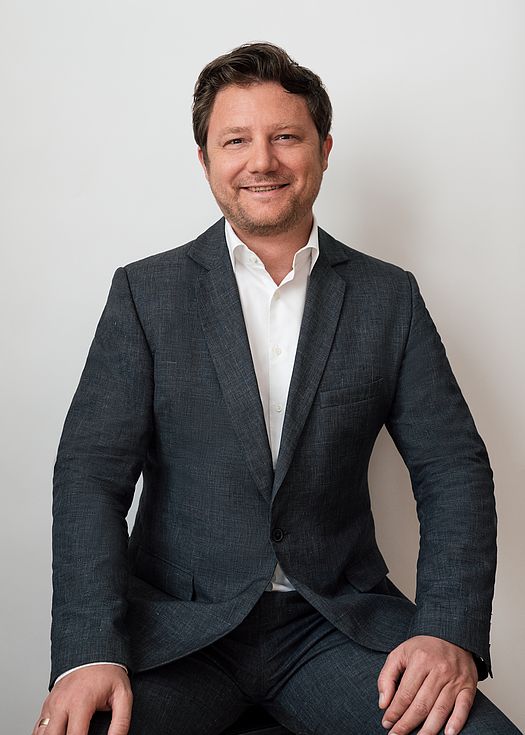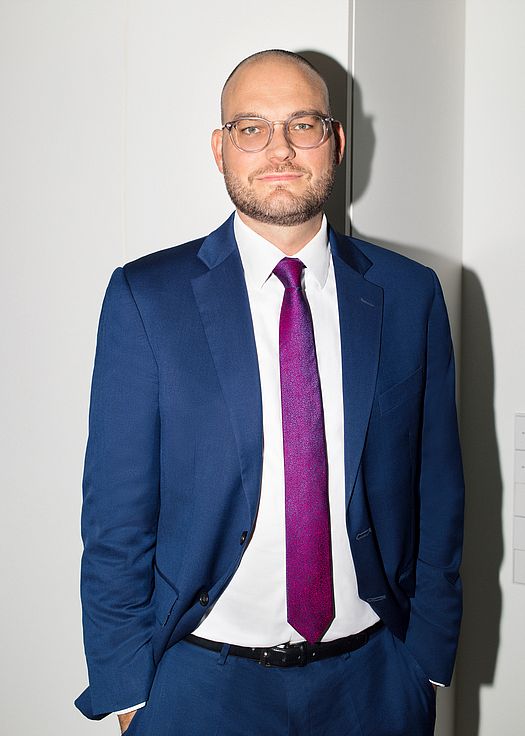Trade Secrets
Know-how in the form of trade secrets is a very important asset for most companies. Often, it is even essential to their business model. At any rate, rights arising from protected trade secrets regularly are a great addition to the intellectual property portfolio of companies, all the more so because the protection of trade secrets does not expire as opposed to registered rights such as patents, for example. However, trade secrets are also subject to a number of risks: Risks are not only faced in the form of potential espionage by competitors but also, and mainly, in the form of the conduct by contractual partners and the companies’ own employees. The requirements for safeguarding trade secrets vary on a case-by-case basis. This is why the precise identification of trade secrets and the required protective measures is indispensable. Moreover, companies should also ensure that hiring a new employee who contributes know-how, for example, does not entail the risk of infringing third-party rights. We definitely recommend obtaining substantiated advice from a lawyer in order to be able to keep the assertion of your rights by means of litigation lean and efficient on the one hand, and to avoid expensive adjustments of your production process on the other hand.
Apart from know-how, other technological information, formulas, and recipes as well as business information (lists of customers, company data), manufacturing methods, and prototypes, including the corresponding information represented digitally (data), are typically also classified as trade secrets, provided that they are confidential.
In Germany, trade secrets were essentially protected by the German Law against Unfair Competition (UWG) in the past. By virtue of the German Law on the Protection of Trade Secrets which came into force on April 26, 2019, clearer, and yet more detailed, prerequisites for the existence of a trade secret were set. Now, it is important for companies to examine whether the know-how they considered a trade secret thus far and/or the established protective measures meet the new statutory requirements. A subjective intention of secrecy alone will no longer suffice in this context. Rather, the know-how has to be subject to adequate confidentiality measures. The requirements for these measures may considerably vary on a case-to-case basis. For example, the effort that small and medium-sized companies are expected to take will have to be less than that expected from large companies. The requirements for the confidentiality measures also vary regarding the information to be protected.
If the new stipulations are not adhered to, this will have serious consequences: The know-how will not qualify as a protected trade secret and, thus, may generally be exploited. This will render a successful prosecution of other companies which use such know-how impossible. Therefore, proprietors urgently have to adapt their strategy to the new statutory framework if they do not want to take the risk of becoming vulnerable in this respect. We recommend obtaining advice on the development of effective protective measures early on. Otherwise, enforcing claims at a later point in time may be come significantly more expensive or even impossible.
The Attorneys-at-Law and Patent Attorneys at BARDEHLE PAGENBERG have years of practical experience in protecting know-how and are also very familiar with the new statutory requirements. We provide support in identifying the information to be protected and find weak points which may require immediate measures as the case may be. Such measures include the amendment of supply contracts or the (re-)wording of confidentiality clauses, for example. We determine potential threats and support you in developing an appropriate, holistic protection strategy. Here, we particularly consider the risks that stem from the new statutory framework (such as reverse engineering, for example).
If a right is infringed, a swift and competent reaction is indispensable for minimizing damage due to the publication or disclosure of protected information. We represent our clients in enforcing and/or defending their claims before courts and with respect to third parties (including aspects under criminal law as necessary), and in settlement and/or licensing negotiations. Our comprehensive experience in conducting proceedings enables us to always gear the approach adequately towards the interests of each individual client.
The Attorneys at BARDEHLE PAGENBERG help you overcome the new challenges with as little transition effort as possible.
BARDEHLE PAGENBERG
Partnerschaft mbB
Patentanwälte Rechtsanwälte
Prinzregentenplatz 7
81675 Munich
Germany
Phone: +49 89 928 05-0
Fax: +49 89 928 05-444
Email: info(at)bardehle.de
News
Interested in our latest Trade Secret news? Here we go.
Expert articles
Below is a collection of concise IP knowledge, written by our Trade Secrets experts. Have a closer look at our IP brochures and articles.
IP Videos
Are you curious about videos on Trade Secrets? Obtain insights and tips from our IP experts here.







